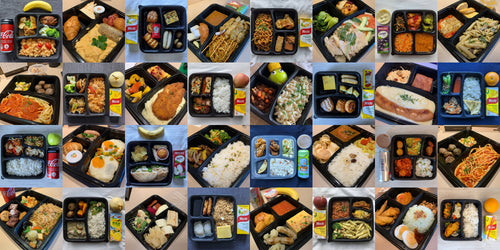National Plastic/Compostable Packaging Strategy - Plastic Ban
We received a large volume of enquiries about The National Compostable Packaging Strategy, so called Plastic Ban/Ban on single use plastic. We have obtained some official information to explain how this strategy plays currently and in future.
Common questions asked & information misunderstood
a. Are all plastic food containers and lids completely banned from the plan?
No, the regulation/strategy only applies to selective plastic items, varies state to state in Australia, however the plan/road map is recognized and implemented nationally, for example, Ban on plastic takeaway containers are proposed in ACT, yet to commence in SA in 2024, and all the other states are not affected. Please refer to below print screen for full details and the official link is attached below. 

Download the official copy from this link:
b. Are all plastic food containers categorised or worded with single used and disposable being banned or banned?
No, media announces the plan/regulations with a shorten title, eg. ban on single-used plastics doesn't mean all plastics are banned. The key words of Single used, banned plastics & Plastics must be understood separately.
There are 7 differently types of hard plastics commonly used in the Food & Beverage sector categorized & grouped in Australia, some of them can be 100% recyclable and some aren't. Most hard plastics grouped & coded 1 to 7 can be recycled in your yellow-lidded recycling bin, however expanded polystyrene foam (EPS), number 6, and plastic bags, which are usually number 2 or 4, cannot be recycled through kerbside recycling bins, therefore, they are now banned.
Understand plastic coding: Plastics grading/codes/Symbols
While other smaller size of plastics are recyclable but cannot be easily sorted at the recycling centers across states and stated in the regulations, they are banned.
All PP(5) is commonly used,100% recyclable, and hard to be replaced, will be the very last one to consider.
Other useful information:
The Plastics mission started from 2019, agreed by COAG (Council of Australian Government and NWPAP (National Waste Policy Action Plan) to by Australia's environment ministers / Department of Agriculture, Water and the Environment. Other partners associated with the plan are
- APCO (Australian Packaging Covenant Organisation)- development of strategy .
- ABA (Australasian Bioplastics Association) - development of strategy .
- AORA (Australian Organics Recycling Association) - development of strategy .
- States & Local Councils - implementations
- NRA (National Retail Association) - contracted to contact/communicate

C. What if I have left over stock listed on the ban, can I supply or use them after 1st of Feb?
The Plastics Packaging Strategy is taking place on the 1st of Feb. 2023, all businesses in the F & B shall not use or supply them in any forms, eg. give away or sell on the date. Home users can use them up but businesses must not use them on the date. Left over items can be kept in the premise and used up in the other forms, eg. storage containers, stacking cartons to be a table or chair.
Purposes of the strategy
- National Waste Reduction
- Environment sustainability
For more information, please download below documents
NT: https://www.darwin.nt.gov.au/transforming-darwin/climate-change/reducing-impact/single-use-plastic
updated: 20/12/2022

